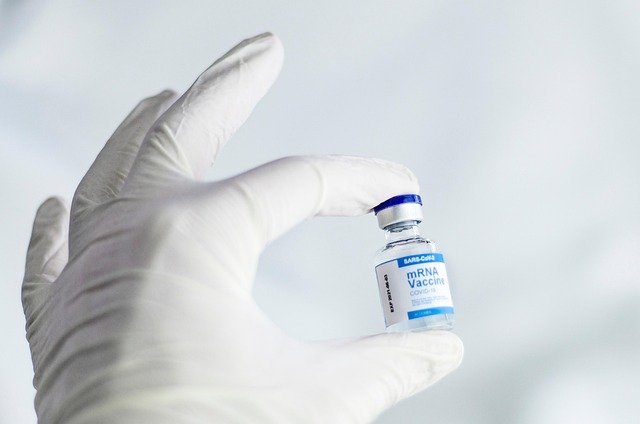Understanding Liposuction And Clinical Trial Opportunities in the UK
Liposuction in the UK is a procedure often used to remove fat deposits and improve body contour. While it’s commonly associated with cosmetic surgery, it’s also being studied in clinical settings to better understand its effects, risks, and potential benefits beyond aesthetics. Some research centers are exploring how liposuction may impact metabolism, health markers, or post-weight loss body changes. These studies are not widely advertised and often have strict eligibility guidelines. Learning more about what liposuction involves — from the procedure itself to recovery expectations — can help determine if taking part in a study might be a suitable option. For those interested in contributing to medical research while gaining insight into body fat removal, understanding available opportunities is an important first step.

What exactly is liposuction and how does it work?
Liposuction is a surgical procedure that removes excess fat from specific areas of the body using a suction technique. During the procedure, a thin tube called a cannula is inserted through small incisions in the skin. The cannula is connected to a vacuum device that suctions out the fat cells. While traditionally used for cosmetic purposes, liposuction techniques have evolved, and researchers are now exploring its potential applications in various medical contexts.
What are the common areas treated with liposuction?
Liposuction can be performed on various parts of the body where excess fat tends to accumulate. Common treatment areas include:
-
Abdomen and waistline
-
Thighs and hips
-
Arms and back
-
Chin and neck
-
Chest area (particularly in men with gynecomastia)
-
Knees and ankles
The versatility of liposuction in targeting different body areas has made it a popular choice for body contouring and has also sparked interest in its potential medical applications.
How do clinical trials study the effects of fat removal?
Clinical trials focusing on liposuction aim to investigate its impacts beyond cosmetic improvements. Researchers design studies to examine:
-
Metabolic changes after fat removal
-
Effects on insulin sensitivity and glucose metabolism
-
Potential improvements in cardiovascular health markers
-
Impact on hormonal balance, particularly in conditions like polycystic ovary syndrome (PCOS)
-
Long-term health outcomes of targeted fat removal
These studies often involve comparing pre- and post-procedure health markers, conducting follow-up assessments, and sometimes comparing results with control groups who do not undergo the procedure.
What unique aspects of liposuction are being explored in UK studies?
In the UK, some research centers are delving into specialized areas of liposuction research. These include:
-
The effects of liposuction on brown fat tissue and its implications for metabolic health
-
Using liposuction as a tool for studying fat cell biology and regeneration
-
Exploring the potential of combining liposuction with stem cell therapies for tissue regeneration
-
Investigating the psychological impacts of body contouring through liposuction
-
Assessing the long-term efficacy of liposuction in managing lipedema, a chronic condition characterized by abnormal fat accumulation
These unique research angles showcase the diverse potential of liposuction beyond its traditional cosmetic applications.
What should you know before participating in a liposuction research study?
Participating in a clinical trial for liposuction requires careful consideration. Here are key points to understand:
-
Eligibility criteria: Studies often have specific requirements regarding age, health status, and body composition.
-
Risks and benefits: All potential risks and expected benefits should be clearly explained by the research team.
-
Time commitment: Trials may require multiple visits for assessments and follow-ups over an extended period.
-
Costs and compensation: Understand what expenses are covered and if there’s any compensation for participation.
-
Right to withdraw: Participants can choose to leave a study at any time.
-
Confidentiality: Personal information and data collected during the study should be kept confidential.
It’s crucial to thoroughly review the study protocol and ask questions before committing to participate in any clinical trial.
How can you find liposuction clinical trials in the UK?
To find liposuction clinical trials in the UK, consider the following steps:
-
Visit the UK Clinical Trials Gateway website, which provides information on ongoing medical research studies.
-
Check the websites of major UK universities with medical research departments.
-
Consult with plastic surgery clinics or hospitals that may be involved in research studies.
-
Search international clinical trial databases like ClinicalTrials.gov, filtering for UK-based studies.
-
Speak with your GP or a specialist who may be aware of relevant research opportunities.
Remember that clinical trials have strict eligibility criteria and limited slots, so not everyone interested will be able to participate. Always consult with healthcare professionals before considering involvement in any medical research study.
In conclusion, liposuction in the UK extends beyond cosmetic applications, with clinical trials exploring its potential health benefits and effects on the body. For those interested in contributing to medical research while potentially benefiting from body contouring, understanding the landscape of liposuction studies offers a unique perspective on this well-known procedure. As research continues, we may discover new applications and insights that could shape the future of fat removal techniques and their impact on health.
This article is for informational purposes only and should not be considered medical advice. Please consult a qualified healthcare professional for personalized guidance and treatment.




